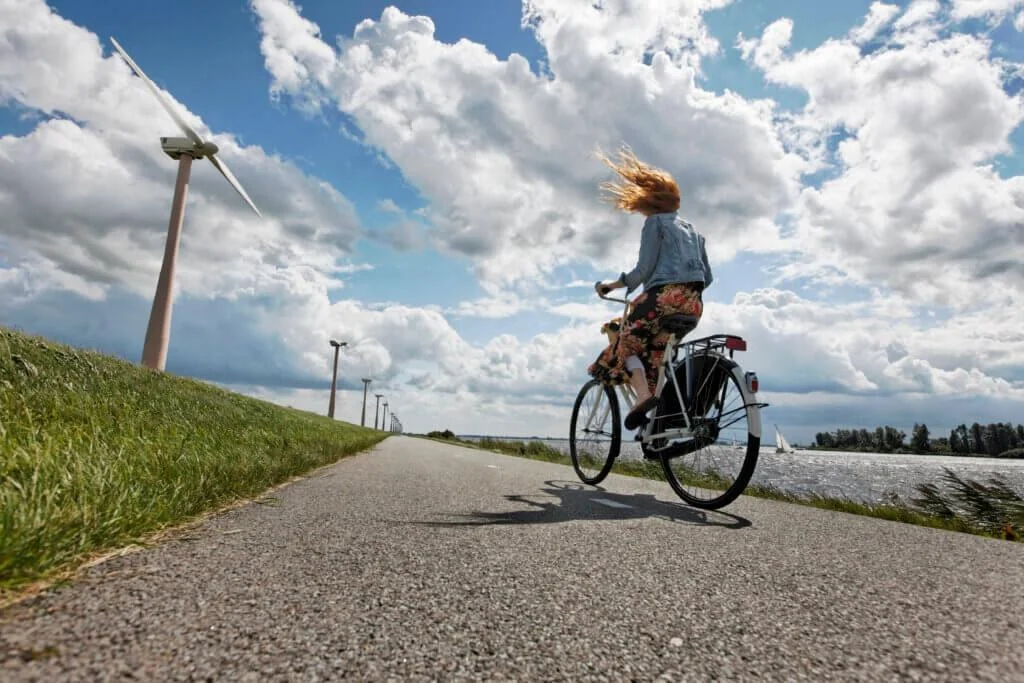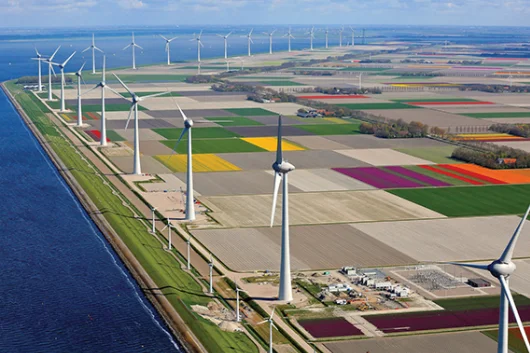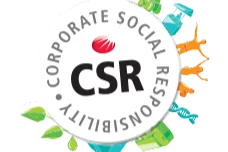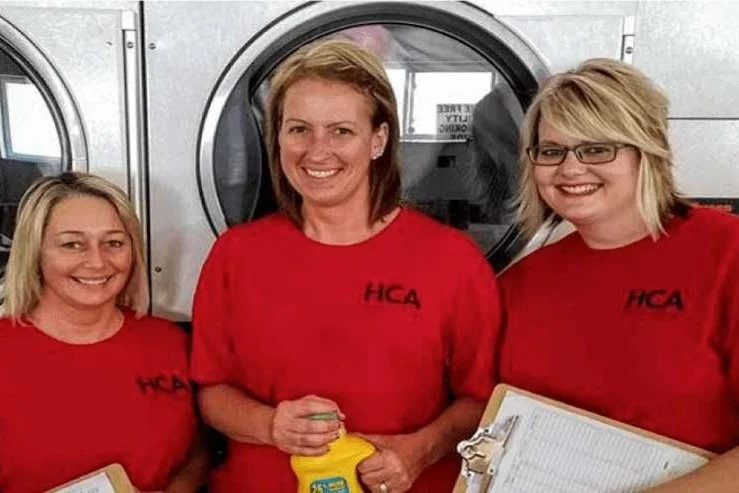Setting and achieving sustainable goals for the future in the Dutch

As interest in sustainability renews and intensifies following the novel coronavirus outbreak, the Netherlands remains a steadfast partner and prime location for companies with ambitious sustainability goals. Boasting 85,000 circular economy initiatives and generating 420,000 jobs, the Netherlands demonstrates that sustainability benefits both the environment and the economy. From innovative bubble barriers in waterways to revamped apparel e-commerce sites, the Netherlands is unafraid to challenge the status quo in pursuit of a brighter and cleaner future for all—not just the Dutch.
A nation that continues to prioritize collaboration, the Netherlands is eager to welcome entrepreneurs and businesses of all sizes to develop their new ideas. Whether innovation lies in the exploration and use of renewable petrochemicals, sustainable processing, or recycling clothing, the Dutch are ready to serve as a valuable resource and partner in achieving your company’s circular goals.
A World Without Waste: A Peek Inside the Netherlands’ Circular Economy
While we can’t all be Wonder Woman in couture for a magazine spread, Dutch ready-to-wear brands like MUD Jeans are making strides in sustainable fashion. They have eliminated harmful sprays, introduced reverse osmosis laundry techniques, and launched the “Lease a Jeans” project, ensuring that MUD gets each pair of leased jeans back, preventing them from ending up in a landfill. Similarly, Kings of Indigo has incorporated several circular methods into its line of 100% biodegradable stretch denim and set ambitious goals: by the end of 2020, all their denim was to have an Environmental Impact Measure score, and by 2025, all materials were to be entirely man-made or recycled.
Budding sustainability designers have recently turned their attention to the Amsterdam Fashion Academy. In 2018, this private fashion and design school included the belief that “fashion should be a force for good” in their manifesto. This created an emphasis on sustainability, and the curriculum now covers the entire fashion chain—from concept to final product. Once students see firsthand the impact the industry has on the environment, they grasp the need to rethink the process. Reflecting the Dutch commitment to collaboration, Fashion for Good is a Netherlands-based global initiative dedicated to redesigning fashion with sustainability at the forefront. Through programs that provide startups with essential funding, scaling models and support, and financing for companies shifting production methods, Fashion for Good is helping to transform the entire industry from head to toe.
 Albania
Albania Algeria
Algeria Andorra
Andorra Argentina
Argentina Armenia
Armenia Australia
Australia Austria
Austria Azerbaijan
Azerbaijan Bahrain
Bahrain Belgium
Belgium Bolivia
Bolivia Brazil
Brazil Bulgaria
Bulgaria Cambodia
Cambodia Cameroon
Cameroon Canada
Canada Chad
Chad Chile
Chile China
China Colombia
Colombia Costa Rica
Costa Rica Croatia
Croatia Cyprus
Cyprus Czechia
Czechia Denmark
Denmark Ecuador
Ecuador Egypt
Egypt Finland
Finland France
France Georgia
Georgia Germany
Germany Ghana
Ghana Greece
Greece Hungary
Hungary Iceland
Iceland India
India Indonesia
Indonesia Ireland
Ireland Italy
Italy Jamaica
Jamaica Japan
Japan Jordan
Jordan Kazakhstan
Kazakhstan Kenya
Kenya Kuwait
Kuwait Latvia
Latvia Lebanon
Lebanon Libya
Libya Lithuania
Lithuania Luxembourg
Luxembourg Malaysia
Malaysia Maldives
Maldives Mali
Mali Malta
Malta Mexico
Mexico Moldova
Moldova Monaco
Monaco Morocco
Morocco Netherlands
Netherlands New Zealand
New Zealand Nigeria
Nigeria North Macedonia
North Macedonia Norway
Norway Oman
Oman




